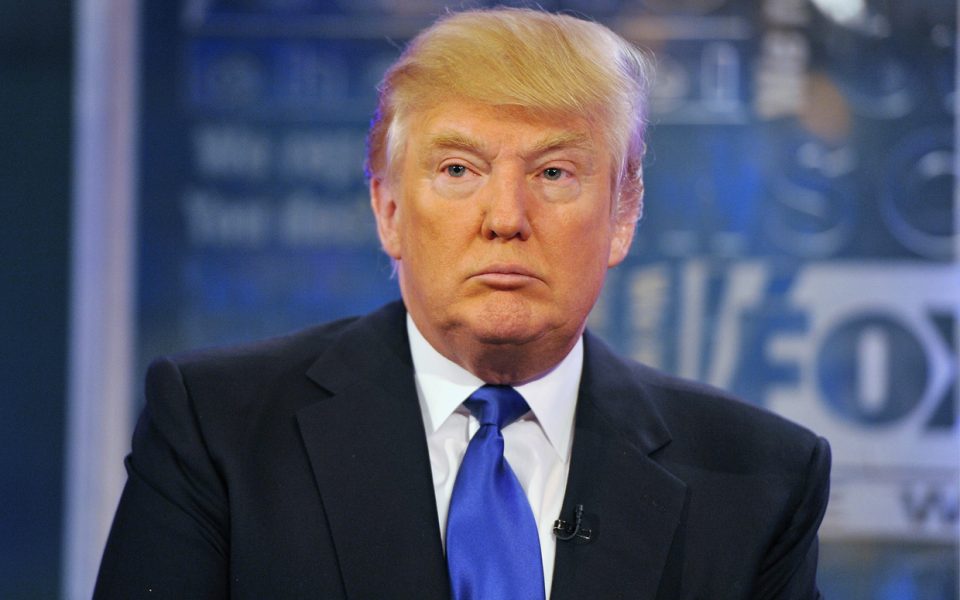Trump’s Asia tour that started on November 3rd and will be over tomorrow on November 14th, is a five nations’ tour of Japan, South Korea, China, Vietnam and the Philippines.
His visit involved two key summits – the Asia-Pacific Economic Cooperation forum in Vietnam and the Association of Southeast Asian Nations conclave in the Philippines.
During his tour as anticipated, North Korea nuclear threat was a substance in a lot of discussions.
Japan (November 5-6)
Japan was the first of the five nations that Trump toured. During a visit to a military base near Tokyo, he said, “Our brave warriors are the last bulwark against threats to the dreams of people in America and Japan and all across the world.”
Both Japan Prime Minister Shinzo Abe and Trump agreed to exert ‘maximum pressure’ on North Korea.
They signed hats saying, ‘Trump and Shinzo make alliance even greater,’ a gesture of strengthened relationship between the two nations. Although he recognised Japan one of the most powerful nations in the world, remarked that Japan is ‘not as good as ours’ and ‘wants to keep it that way’.
South Korea (November 7)
Although South Korean President Moon Jae-in mentioned that he has no intention of starting another war by inflicting a strike on North Korea, he and Trump,, who appreciated the country’s economic growth and increased life expectancy, discussed a massive weapons deal that Trump said would help in creating jobs in America. It would supposedly also help balance South Korea’s enormous trade surplus with the US.
“We make the greatest military equipment in the world,” Mr Trump emphasised. “South Korea will be ordering billions of dollars of such equipment.”
China (November 8-9)
The chiefs of leading American companies like Boeing, Goldman Sachs, Westinghouse Electric, Qualcomm, and others accompanied Trump during his visit to China.
In terms of value of agreements, Chinese President Xi Jinping and Trump signed deals worth US$253 billion on Thursday November 9th.
The deals pertained to energy, aviation, computer chips and soybeans. China would invest $100bn in US energy sector, $37bn in US aviation sector, a $12bn deal in computer chips and $5bn of soybeans deals.
Trump blamed China’s past administration for the ‘out of control trade deficit’ between the two countries and talked about fixing it for ‘great American companies’ and ‘great American workers’.
First Lady Melania Trump was supposed to accompany him throughout the tour, but returned to Washington on November 10 while the President proceeded to Vietnam and the Philippines.
Vietnam (November 10-11)
While the deal with China was one-sided, Vietnam emerged to be the most successful bilateral trade deal.
After having a meeting with Vietnamese President Tran Dai Quang, Trump told a joint press conference, “For trade to work, all countries must play by the rules. I am encouraged that Vietnam has recently become the fastest growing export market to the United States. Mr President, I applaud your efforts to implement economic reforms and increase Vietnam’s trade and investment in all directions. The United States is enthusiastic about reforms that promote economic prosperity for all Vietnamese citizens.
“We just had a great discussion about American goods and services coming into Vietnam. Two-way street. I am confident that American energy, agriculture, financial services, aviation, digital commerce, and defence products are able to meet all of your many commercial needs. And, in fact, not only meet them but what we do is better than anybody else.”
Philippines (November 12-14)
Philippine President Rodrigo Duterte offered Donald Trump a free trade agreement (FTA) between their two nations.
Trump tagged USA’s ties with Philippines to be a ‘great relationship’.
The officials at the bilateral meeting also discussed Philippine’s business process outsourcing industry that has been a boon to the economy.

